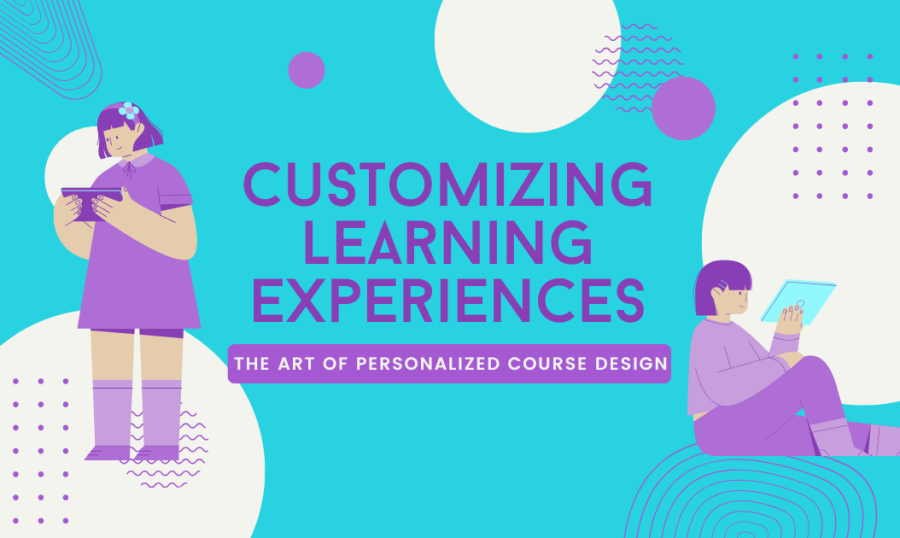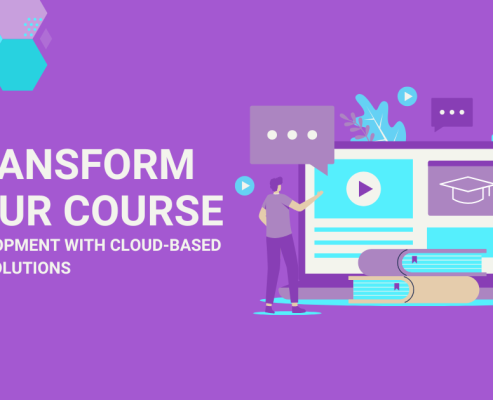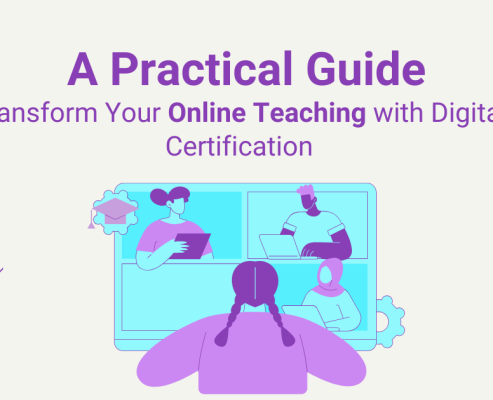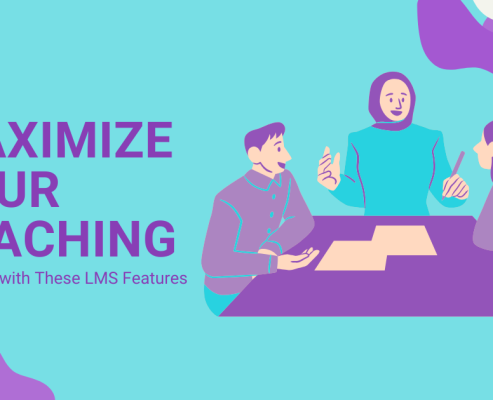In today’s fast-paced business environment, staying ahead of the curve is crucial for both organizations and employees. One of the most effective ways to achieve this is through innovative education in the workplace. By personalizing courses for optimal results, companies can ensure that their workforce remains skilled, motivated, and competitive. This blog explores the benefits of personalized workplace education and how it can transform your organization.
The Power of Personalization
Personalized education is not a new concept, but its application in the workplace has gained significant traction in recent years. Unlike traditional one-size-fits-all training programs, personalized courses are tailored to meet the specific needs, learning styles, and career goals of individual employees. This approach not only enhances the learning experience but also leads to better retention and application of knowledge.
Boosting Employee Engagement
One of the primary benefits of personalized education is increased employee engagement. When courses are tailored to address the unique needs and interests of employees, they are more likely to be invested in their learning journey. Engaged employees are more productive, creative, and loyal to their organization. Personalized courses can include interactive elements, real-world applications, and continuous feedback, making the learning process more engaging and relevant.
Enhancing Skill Development
In a rapidly evolving job market, continuous skill development is essential. Personalized education allows employees to focus on the skills that are most relevant to their roles and career aspirations. By identifying skill gaps and providing targeted training, organizations can ensure that their workforce is equipped with the latest knowledge and competencies. This not only improves individual performance but also enhances overall organizational effectiveness.
Flexibility and Convenience
Modern employees value flexibility and convenience, and personalized education delivers on both fronts. Online platforms and digital tools enable employees to access training materials anytime, anywhere, and at their own pace. This flexibility allows employees to balance their professional development with their work and personal commitments. Additionally, personalized courses can be updated regularly to reflect the latest industry trends and best practices, ensuring that employees always have access to current information.
Measuring Learning Outcomes
One of the challenges of traditional training programs is measuring their effectiveness. Personalized education, however, offers more precise and meaningful metrics. By tracking individual progress, completion rates, and performance improvements, organizations can gain valuable insights into the impact of their training initiatives. This data-driven approach allows for continuous improvement of the training programs, ensuring that they remain relevant and effective.
Case Study: Successful Implementation
A leading technology company recently implemented a personalized education program for its employees. By leveraging data analytics and machine learning, the company developed tailored learning paths for each employee based on their roles, skills, and career goals. The results were remarkable: employee engagement increased by 40%, and the company saw a significant improvement in productivity and innovation. This success story underscores the potential of personalized education in transforming workplace learning.
Conclusion
Innovative education in the workplace, through personalized courses, is a game-changer for organizations looking to optimize their training efforts. By focusing on the unique needs of each employee, companies can boost engagement, enhance skill development, and achieve better learning outcomes. As the business landscape continues to evolve, investing in personalized education will be key to staying competitive and ensuring long-term success.




